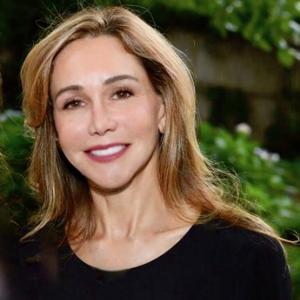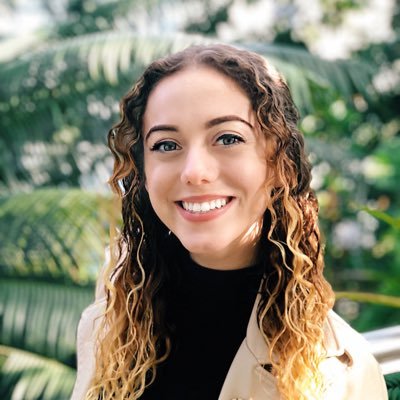Three Info Sci PhD candidates are among the 36 recipients of this year’s Facebook Fellowship award, recognizing outstanding students conducting research in areas across computer science and engineering.
Diana Freed and Sharifa Sultana both were named fellows in the category of Instagram/FB app well-being and safety, while Briana Vecchione received a fellowship in the category of social and economic policy.
In total, five Cornell Computing and Information Science students secured fellowships. Alane Suhr and Nirvan Tyagi, both doctoral students in computer science, received fellowships in the natural language processing and security and privacy categories, respectively.
Diana Freed
Diana Freed.jpg

“I’m delighted to receive the Facebook Fellowship which will help support my research on advancing the current understanding of how digital technologies are used as tools of abuse,” she said. “I look forward to engaging with a community of researchers addressing important real-world issues and learning about diverse areas of research from around the world.
“I would like to thank my committee, professors Nicola Dell, Thomas Ristenpart, Tanzeem Choudhury, and Deborah Estrin, as well as professors Karen Levy and Helen Nissenbaum for their unwavering support.”
Sharifa Sultana
Sharifa Sultana.jpg

“My work not only serves my academic purpose, but I also feel like this is part of my social responsibilities,” said Sharifa, who is based at Cornell’s Ithaca, NY, campus. “Such works are not much entertained in the industry. However, I am happy that Facebook appreciates my work and acknowledges my contribution. Previously, my works have been discussed in PhD classrooms and conferences. Now it is getting the attention of the industry. It means a lot to me.
“I want to thank my advisor, Professor Susan Fussell, for never giving up on me. I also want to thank professors Steve Jackson (Cornell), Ishtiaque Ahmed (University of Toronto), and Jeff Rzeszotarski (Cornell), as well as Philip Bishwas (Chair of Rural Reconstruction Foundation, a Local NGO in Bangladesh who I collaborate with for my work) for their support in my academic journey.”
Briana Vecchione
Vecchione Briana.png

“Winning a Facebook Fellowship is an enormous surprise,” she said. “Ultimately, I'm grateful to receive generous support that enables me to focus more deeply on research, service, and mentorship. It's also an honor to be recognized by the CIS department alongside my brilliant colleagues.
“I'd like to thank Karen Levy, Jon Kleinberg, Solon Barocas, the AI, Policy, and Practice (AIPP) initiative, and my friends and colleagues in CIS for their continued feedback, inspiration, and support.”
* * *
Now in its ninth year, the Fellowship program is highly competitive – 1,876 applicants were submitted this year – and each recipient receives tuition and fees paid for up to two academic years and a stipend of $42,000, including conference travel support.



